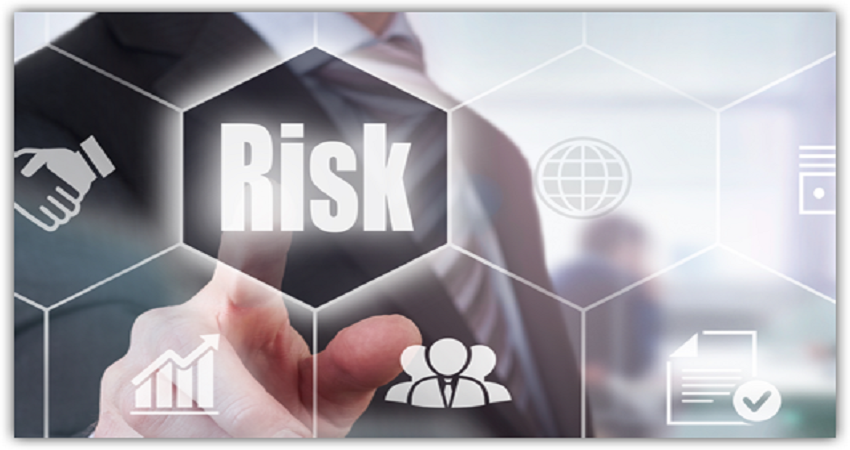We cannot deny that we now live in an online age. Of course, there are so many benefits for businesses who can now trade all over the globe with just a few clicks of a mouse. However, it also means that it’s more important than ever to keep your company protected online.
The internet has exposed businesses to the risk of cyber attacks, so it’s important for you as a business owner to be aware of potential threats and assess the ways in which you can implement safeguarding measures to protect your business.
What Are the Potential Risks for Your Business?
Security breaches and loss of sensitive data are the main risks to be aware of. These could be very damaging to your business, particularly if it becomes public as it could damage your reputation, your customer’s trust and therefore your profits.
Take the string of news stories about Facebook, for example. It was recently reported that almost 50 million people were affected by their latest security breach and a further 40 million were advised to reset their accounts. These vulnerabilities are unacceptable in the cyber age and one of the major repercussions for businesses is the damage to their reputation and it has been reported that Facebook’s stock has fallen after each of their data breaches have been announced.
Four Ways to Safeguard Your Business
Of course Facebook is a unique example as it is a billion-dollar company likely to be a prime target for online hackers. However, you should use it as an example of why you should protect your business online. Here are a few safety measures you could consider adopting:
- Protect Your Intellectual Property
Your Intellectual Property (IP) rights refer to your business’s valuable assets. These are vulnerable to infringement if not secured, and others can use it, sell it and earn royalties from it without your permission. Make sure you protect your IP, including your name, logo, trademarks and other creative efforts that are unique to your business, as these could be at risk when taking your business online.
- Installing Malware and Anti-Virus Software
Installing anti-virus software should be a priority for your business. Many cyber attacks are opportunistic and happen through compromised WiFi networks. For example, ‘wardriving’ is a technique used by hackers where they scan an area for unsecured networks and steal passwords and sensitive data from them.
Installing software to protect your data, as well as encrypting employee and customer details (including on cloud-based platforms) can help protect your business and its reputation online.
- Training Your Employees
As well as putting the software in place, educating your employees about the importance of online security is vital. Make sure they are trained in the basics, such as changing passwords every 90 days, keeping passwords confidential, locking their computers when leaving their desks and how to identify and report spam emails.
- Consult the Experts
If in doubt, don’t be afraid to ask the experts to help. They can identify any weak areas in your online set-up and advise how best to protect it. For example, DWF have specialist teams that can advise your business on issues such as copyright, privacy and new technologies.
When assessing your business’s security, make sure you have taken precautions to protect it against security breaches and loss of sensitive data by online hackers. By adopting a few safety measures, such as employee training and software installation, you can enjoy peace of mind for your business when operating online.
